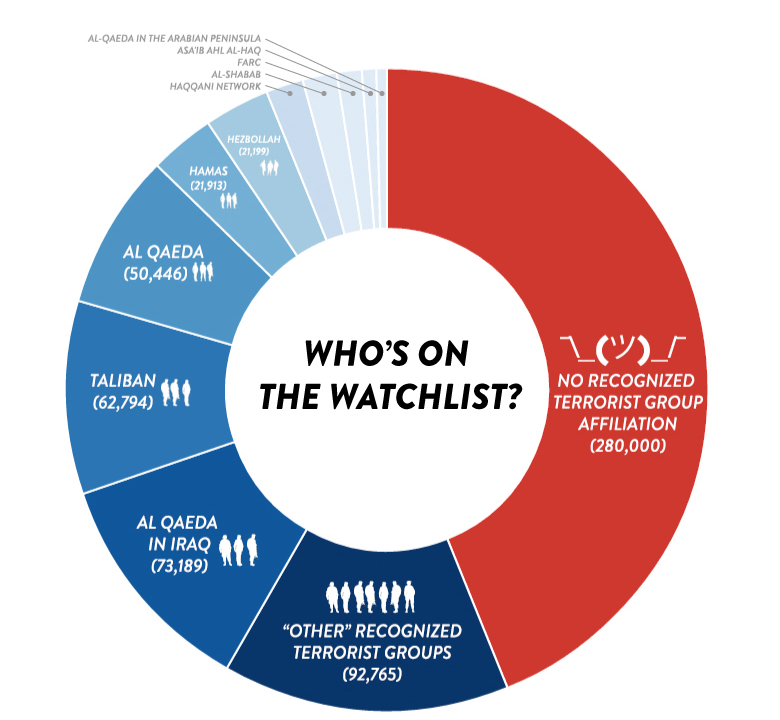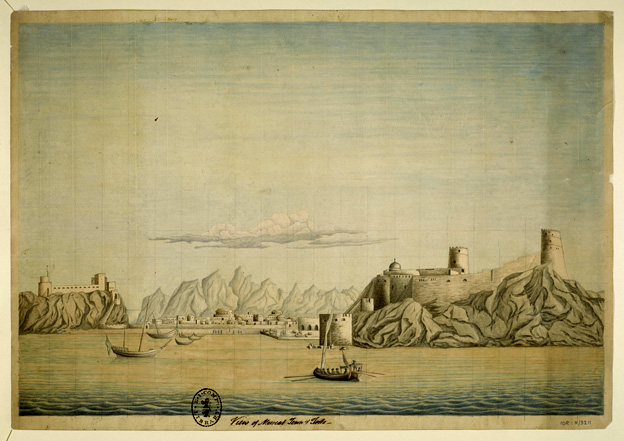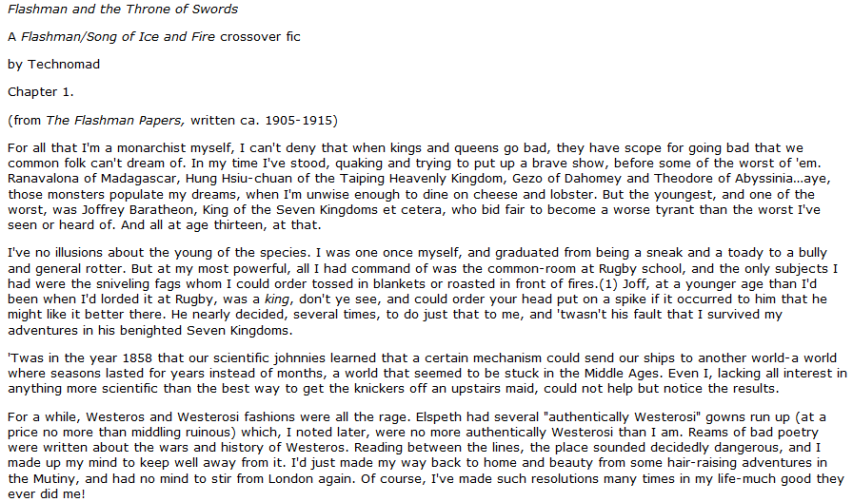Paul Huard looks at the brief moment that the United States was poised to adopt the same rifle as almost everyone else in NATO:

FN C1 A1 as used by the Canadian Armed Forces throughout the Cold War (via South Manitoba Rifles)
With the formation of the new NATO alliance in 1949, generals and civilian planners both talked of the necessity to standardize equipment, weapons and supplies.
“The laudable aim was one that had been much in the minds of many forward-looking military thinkers for a long time,” writes David Westwood, author of Rifles: An Illustrated History of their Impact. “For experience had shown that the United States and Britain often fought side by side, and commonality would be to the benefit of all including soldiers in the field.”
One thing was certain. The British were impressed with the FAL. They deemed the superior firearm to competitors because it was easy to maintain, field strip and clean. It reassembled without special tools and it was a select-fire weapon — but it fired the lighter round.
The “gravel belly” U.S. generals would accept nothing but a .30-caliber weapon, insisting on the superiority of a prototype called the T25, a forerunner of the M14 that was nothing more than a glorified Garand.
Soon, there was a “Battle of the Bullets” that went as high as the White House and 10 Downing Street. Pres. Harry Truman and Prime Minister Winston Churchill even held a mini-summit, where rumor has it they struck a quid pro quo — the U.S. would adopt the FAL as its main battle rifle if Britain backed NATO adopting the 7.62 x 51-millimeter round.
NATO adopted the round. However, the U.S. reneged, developed the M14 — which fired the NATO 7.62-millimeter cartridge — and adopted it as the American military’s main rifle. In the end, it didn’t matter to FN because NATO countries, including Britain, began snapping up the FAL chambered for the NATO round.
Many consider that combination of weapon and cartridge the quintessential pairing of battle-rifle and bullet during the 20th century — the FAL went into production in 1953 and FN continued to produce the rifle until 1988. The M-14 fell by the wayside as the main U.S. battle rifle within a few years, replaced by the M-16.
“Regardless of the political activity that went on before its adoption, the 7.62 x 51-millimeter NATO turned out to be an excellent, powerful military cartridge,” writes Robert Cashner, author of The FN FAL Battle Rifle. “With millions of FALs manufactured and internationally distributed, the rifle played a large part in making the 7.62 x 51-millimeter NATO the success that it was.”








